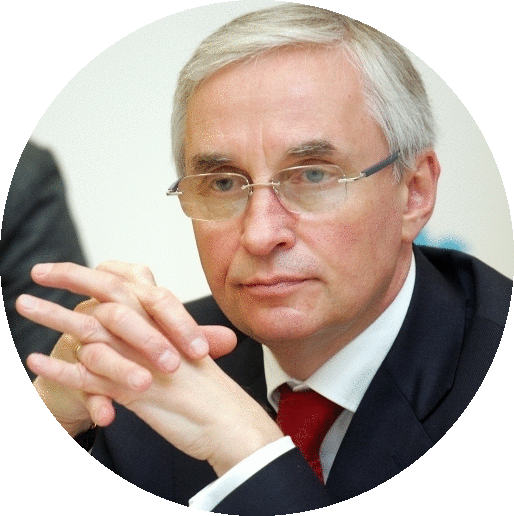Conflict of Integrations in the East of Europe: Ways of Resolution
 by Igor Yurgens, INSOR Russia
by Igor Yurgens, INSOR RussiaThe authors came to the conclusion that the economic and financial burden of solving socio-economic problems in Ukraine and the development of the economy to even minimal growth would be unsustainable separately both for the EU (with other partners) and Russia together with the Eurasian Economic Union (EEU). Therefore, all parties should be interested in joint efforts, including removal of the emerging economic and trade barriers. This is dictated by the economy over which political considerations have been dominating so far. Please find full report here.
Latvian voters' choice in the 10th Parliamentary elections
Janis Paiders, Juris Paiders / November 2010
Latvian national politicians have to understand that from time to time both the ideological cliches and accepted dogmas have to be mathematically and statistically examined. The time will come when slogans and dogmas repeated for two decades will no longer be true. By contrast, the Concord center has to understand that they are no longer the Russian party with a Latvian Jānis Urbanovičs leading it. It is a political force, which gains confidence both form the Latvian national minorities and a very substantial part of Latvians.
Available in Russian or Latvian
The Level of Education, Employment and Effectiveness: Situation in Central Europe
The Influence of Restructuring of Economy on Investment Processes in Latvia
EU enlargement: A new era in Latvian-Russian economic relations?
The EU enlargement that takes place on 1st May 2004 will usher in a completely new framework for Latvian-Russian economic relations, perhaps even a new era This new framework will be defined by two related characteristics:
- Latvia will adopt the EU common external tariff and adhere to the EU's common commercial policy
- Latvia will be integrated fully (eventually) into the EU Single Market
